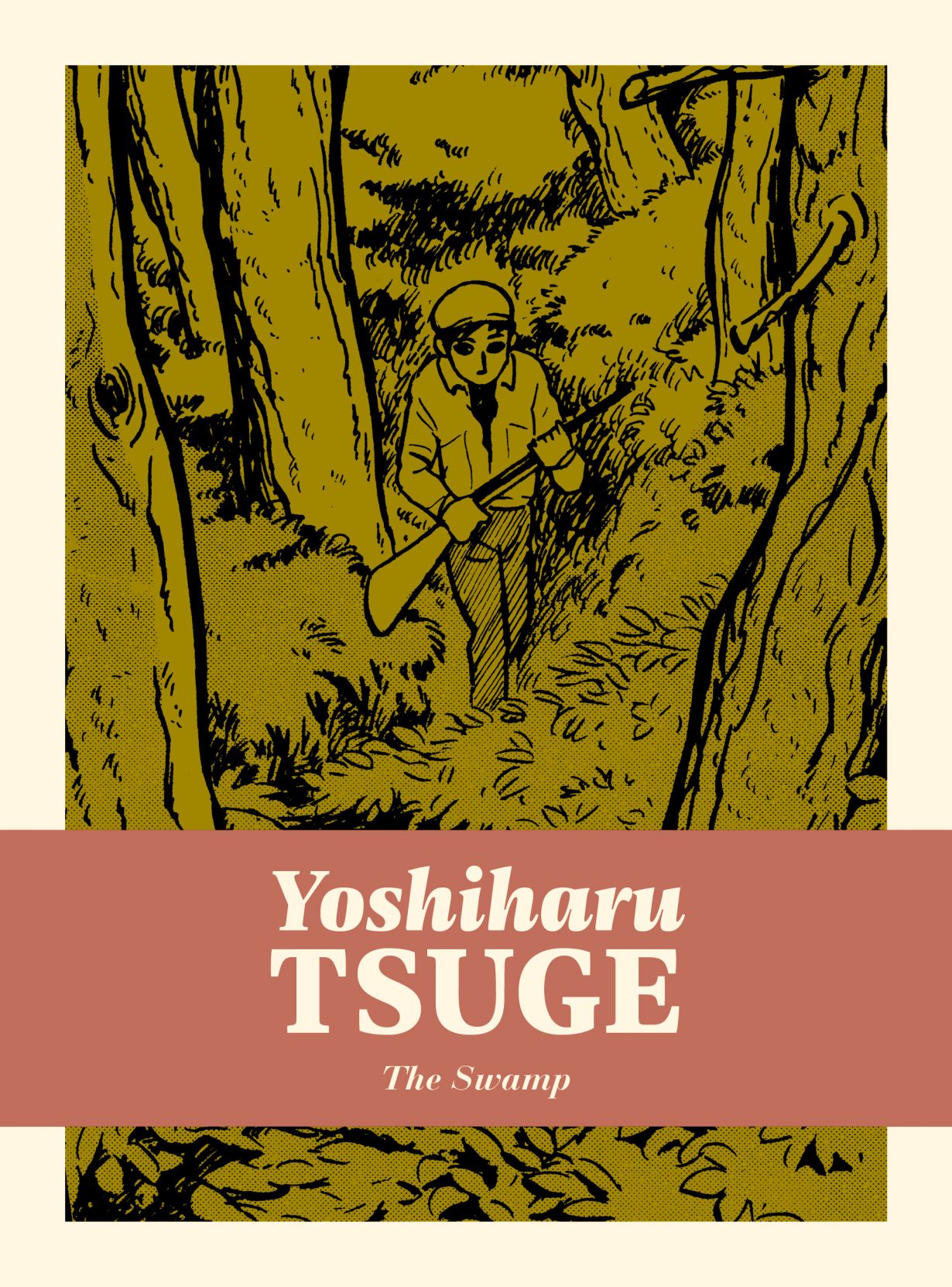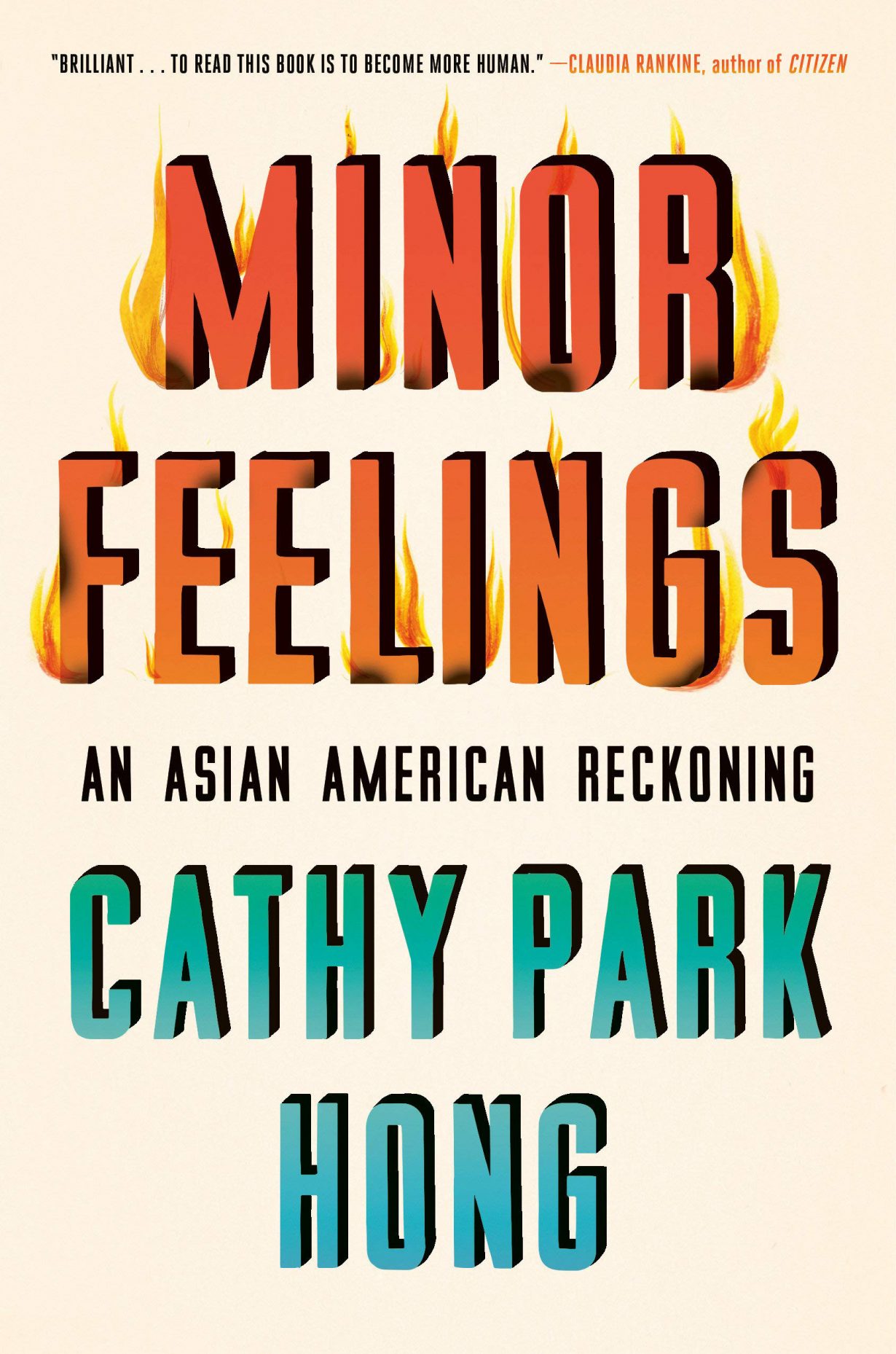Asian-American racial trauma; motherhood and magic; and a manga master – an end-of-year reading list
Minerva The Miscarriage of the Brain
By Johanna Hedva
Sming Sming and Wolfman Books, £16 (softcover)
Known for their essay, Sick Woman Theory (2016), Korean-American artist, musician, writer, astrologer and all-round fantastic witch Johanna Hedva is enjoying a resurgence in this year of global sickness. Their widely quoted text, which draws from their experiences with debilitating illness, is a manifesto for those living with chronic conditions and disability. They have come out with a new book this year that collects a decade’s worth of writing, spanning plays, essays, journal entries and poetry that delves into ‘mysticism, madness, motherhood and magic’. For a sampler of the protean material in there, here’s an extract from their guide on craft.

The Swamp
By Yoshiharu Tsuge, trans Ryan Holmberg
Drawn & Quarterly, US$24.95 (hardcover)
One of the most influential and celebrated postwar comic artists in Japan, Yoshiharu Tsuge has so far reached a limited English-speaking audience. Previously, only one other tome existed in translation – the fantastic The Man Without Talent, put out by The New York Review of Books earlier this year – and now, finally, his mature works are going to be accessible to a wider readership, thanks to Drawn & Quarterly’s plan to release a seven-volume anthology. The Swamp kicks off the series, with 11 short stories from the 1960s that showcase the poverty of postwar Japan and the bleak and enigmatic imagination of the manga master. Expect to encounter a samurai’s suicide pact with his wife, an unhappy couple’s adoption of a bird in place of a child, a woman’s erotic relationship with her pet snake… Best inhaled in one seating.
Pulp II: A Visual Bibliography of the Banished Book
By Shubigi Rao
Rock Paper Fire, S$50 (softcover)
In 2014, Singaporean artist and bibliophile Shubigi Rao started a 10-year interdisciplinary project themed around the destruction of books and libraries. She visited libraries and archives around the world that served as ‘flashpoints in history’, collecting stories and images that explore the book as a symbol of resistance. She plans to create five books every two years, and Volume II, published 2018, is devoted to people who defended books and knowledge, including firefighters, librarians and volunteers who fought to save books from Vijecnica library during the siege of Sarajevo. It also won the Singapore Literature Prize Creative Non-fiction in English this year. Click here to read our review.

Minor Feelings: A Reckoning on Race and the Asian Condition
By Cathy Park Hong
Penguin Random House, US$27 (Hardcover)
Punching the air, yelling, and pressing copies onto everyone you know – these are some of the reactions of people who have read this book. (I did all three.) Cathy Park Hong’s essay collection, which is broadly about Asian-American racial trauma, is written by someone with the language of a poet, the knowledge and incisiveness of a first-rate cultural critic, and the anger of first-hand experience. Every single essay is gold. The much-quoted titular essay powerfully names the low-key emotions of shame, depression and paranoia that characterise the Asian-American experience, describing ‘the racialized range of emotions that are negative, dysphoric, and therefore untelegenic, built from the sediments of everyday racial experience and the irritant of having one’s perception of reality constantly questioned or dismissed’. They don’t just apply to Asian Americans but to most Asians in a roomful of whites.
The Genealogy of Kings (Sulalatus Salatin)
Translated by Muhammad Haji Salleh
Penguin Random House Southeast Asia, S$27 (pre-order)
Written sometime between fifteenth and sixteenth centuries in classical Malay, The Genealogy of Kings (also known as The Malay Annals) gives a romanticised history of the rise and fall of the great Malay maritime empire, the Malacca Sultanate. Spanning a period of about 600 years and a key text in the construction of Malay identity, this latest version is translated by award-winning Malaysian poet-writer Muhammad Haji Salleh and will be essential reading for everyone interested in the pre-colonial history of the Malay Peninsula and the islands of the Archipelago.